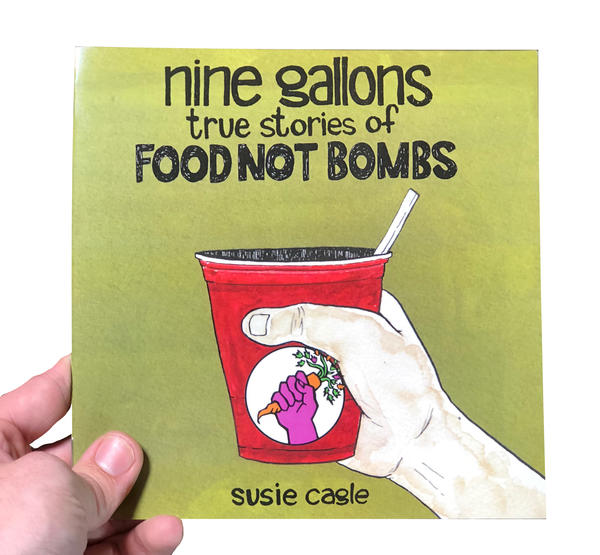
Nine Gallons: True Stories of Food Not Bombs
by Susie Cagle Author
Susie Cagle addresses issues of volunteer burn-out, misguided agendas, and activist in-fighting. Hers is the story of San Francisco Food Not Bombs (specifically, for this issue, the underdoggy Civic Center lunch.) Over the course of 32 packed pages we get Susie dealing with her roommate just not getting it, fellow activists offering critiques but not solutions, and working hard with little help. But it's also fun—and funny—and Susie gives both a conversational insider look and a brief biographical sketch of the (non)organization. It's a struggle the whole way through while Susie looks for inspiration, answers, and hope, and runs up against nine thousand gallons of contradictory activist philosophy. An important moment comes late in the zine when Susie chats with a friend over email who tells her, “It's not about doing it, Susie. It's about doing it better.” Part Food Not Bombs primer, part clear-headed look at volunteer ethics and philosophy, 9 Gallons' second issue is above all a great well-drawn story, a relevant discussion, and a thoroughly enjoyable read. Susie Cagle lives in Oakland and blogs regularly at thisiswhatconcernsme.com
You must log in to comment.
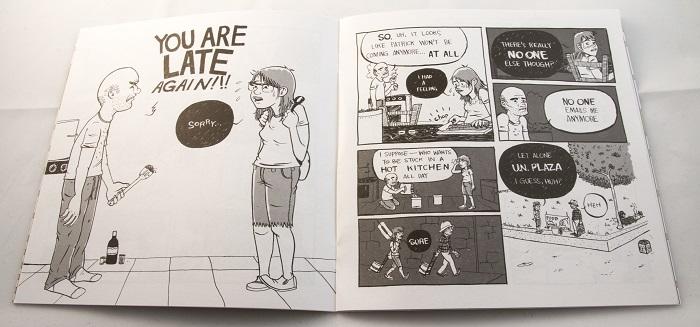
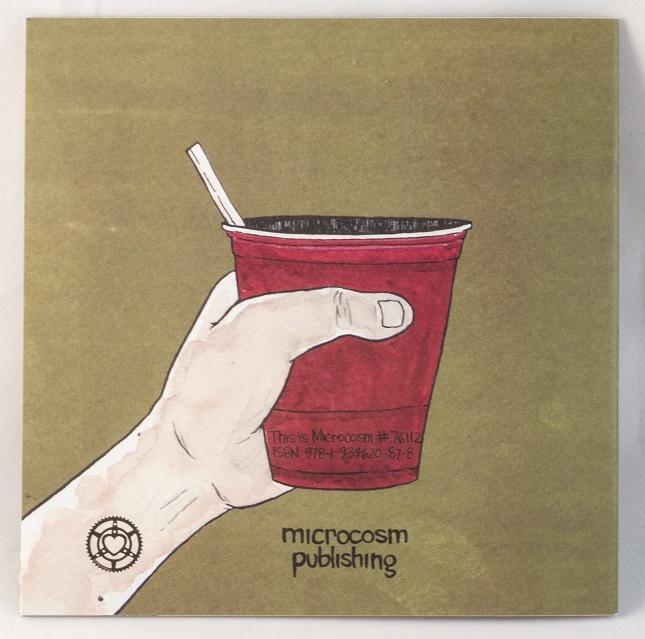


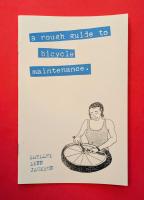
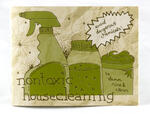

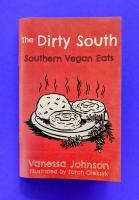
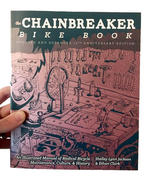

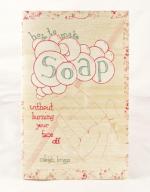
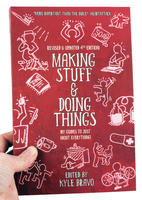
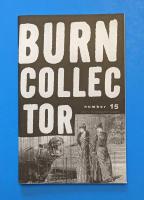
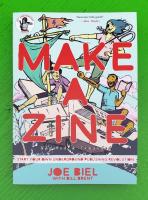
Comments & Reviews
Despite the narrow focus, the zine is well done. The easy-to-follow plot, realistic humor and character development all make for a good read. The dialogue inspires chuckles, as their conversations have certainly happened in living rooms all over the world.
Action-packed adventures (minus the action) of a young lady and her many poor-posture bearing acquaintances, helping with/not helping with/ignoring/eating from an undermanned Food Not Bombs outpost in San Francisco. Cagle's visual style (especially her word bubblery) is original and well-suited for this kind of introspective yet not self-indulgent storytelling and the narrative flow is pretty solid. Food politics - yeah!
Food Not Bombs is worth checking out, as is Cagle’s commentary on her involvement with the group here in Nine Gallons. Whether you’re homeless and hungry, a dumpster-diving jock looking to save your beer money, or broke as a joke, free food can be a lifesaver. The politics of a “non-organization” that provides food for people who need it are endlessly fascinating, and this zine is just the tip of a very vast iceberg of food-related politics. I look forward to reading more of Cagle’s work, in Nine Gallons and elsewhere.
What remains delightful throughout Nine Gallons is Cagle's drawing style, which is remarkably polished in comparison with most indies. Her clear, uncluttered lines lend themselves well to the subject matter, adding levity to counter the weight of the underlying issues. Her ability to quickly sketch out the general look of a person shines. The people in Cagle's world leap off the page as spot-on San Franciscan, from grizzled campers in Civic Center to her dumpster-diving fellow volunteers.
Cagle’s artwork is incredibly gorgeous and detailed – which becomes important while telling a story like this about people on hard times, and those who are only slightly better off. Knowing how to render wardrobe and the often worn faces of people who live (or “camp” as some would say) on the street helps create a lot of sympathy for the greater Food Not Bombs cause. Cagle also adds larger truthful details – like the city’s regular pavement rinsing that purposefully makes homeless people uncomfortable and including in the introduction pieces of Food Not Bombs’ history – that are so quiet and heartbreaking her book almost feels like a call to action rather than autobiography.
Remains committed to making her community a more caring place.
True stories of those in the Bay Area who are trying hard to combat [wasteful thinking] against insurmountable odds. This book will brighten your day and make you think.
"Nine Gallons is a “Food Not Bombs Comic ‘Zine,” but regardless of what it’s about, it looks amazing the second you get a good look at it. The cover is a beautiful marriage of nuanced life drawing and impressive watercolors. It’s essentially a diary of Cagle’s time serving the cause of repurposed food waste. Her lively bobbleheaded penciling style shows that she’s a very effective artist, using various line weights, textures, panels, backgrounds, and layouts, along with expressive people. It’s a very warm and inviting style, full of emotion; I especially enjoyed the shots of her blogging and engaging in some online discourse. The tales of her exploits with a giving organization may choose to focus on food, politics, and urban blight, the “trendy eco pseudo-revolution,” but they’re also entertaining. I think it’s great that a story can examine ideological differences with how best to aid certain segments of the culture, while also taking the form of an engaging mini-comic. It’s proof again why comics as a medium in general, but moreso mini-comics, can do absolutely anything they want. Grade A."
There’s a freshness to Cagle’s point of view and a lot of verve to her line, making her an artist to seek out for those interested in political cartooning and comics journalism.
Cagle’s artwork is incredibly gorgeous and detailed… Her work carries more shock, truth and weight than it might have under the influence of any other cartoonist’s ink.
This comic is full of life due to the combination of excellent reportage and spot on cartooning.